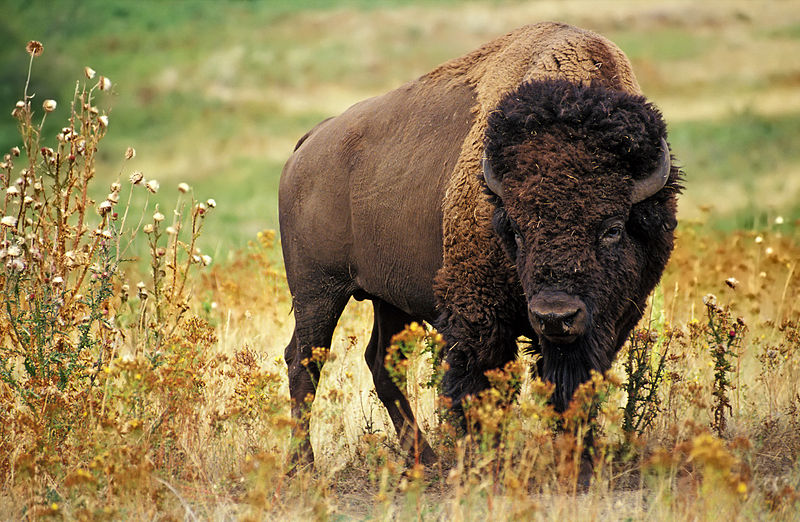- Why go to the zoo? - 28/02/2020
- Fulbright to the Frozen Zoo - 06/12/2019
- Lightning Strikes at TCD - 08/11/2017
In 1872 Yellowstone National Park was established as the first National Park not only in the USA, but in the world. President Ulysses S. Grant signed into law the Yellowstone National Park Protection Act, and so the National Parks were born. Today 59 National Parks exist throughout the United States, covering approximately 51.9 million acres with the goal of maintaining in perpetuity both wildlife and their habitat. Since 1916 the National Park Service (NPS) has been entrusted with the care of these National Parks, and this year they celebrate their centenary.
The National Parks have been referred to as “America’s best idea”, an ideology that has spread across the globe promoting the conservation of what little natural habitat and resources remain. What began as a single National Park in 1872 has spread to over 100 nations and been built up to approximately 1,200 National Parks.
In the wake of Trump’s shock election win, researchers, scientists, conservationists and a significant proportion of the public are lamenting for our natural world.It is no secret that Donald Trump does not openly believe in climate change, refusing to accept the overwhelming scientific evidence. Not only this but he has also promised to dismantle the Paris Agreement which sought to limit the temperature rise associated with global warming to below 2°C in order to reduce the risks and impacts of climate change.
Today the NPS actively teaches about, and warns of, the dangers of climate change to both the National Parks and the natural world at large. However, it is feared that the NPS will be silenced under a Trump Administration. Under the second Bush Administration talk of climate change by the NPS was prohibited under a decree from the Secretary of the Interior. Similar circumstances are expected under a Trump Administration, with Sarah Palin expected to be made Secretary of the Interior. If this comes to fruition then Palin would oversee the extraction of natural resources on approximately 500 million acres of public land, including the iconic National Parks, such as the Grand Canyon and Yosemite. Palin’s stance on natural resources leaves little hope as she has actively campaigned for the drilling of oil within the Alaska National Wildlife Refuge, the nation’s largest Wildlife Refuge, at the expense of the wildlife within it: “If a caribou needs to be sacrificed for the sake of energy … I say, ‘Mr. Caribou, maybe you need to take one for the team.’”
However the threat to the natural world and even the National Parks System is much more severe and terrifying than simply climate change denial. Trump’s campaign promises to “streamline the permitting process for all energy projects” and to “encourage the production of [fossil fuel] resources by opening onshore and offshore leasing on federal lands and waters”. The only thing preventing the leasing of land within the National Parks to companies for drilling and other activities is legislation. With both a Republican White House and Congress and a Supreme Court likely to lean conservative, this legislation could simply be changed. As a result, the exploitation of land within National Parks and other protected areas is an extremely likely if not guaranteed outcome of this election.
Dr Dwight Pitcaithley, who spent 30 years with the NPS serving as Chief Historian for 10 of them, believes that public opinions will save the National Park System. A 2016 report from Harvard’s Kennedy School showed overwhelming public support for the National Parks, with 80% of Americans willing to suffer increased taxes in order to retain the National Parks. When interviewed Dr Pitcaithley claimed that attacking the National Parks would be politically unwise due to this fact. However what hope can we have for both the National Parks System and the broader natural world when despite this America elected a candidate with potentially destructive environmental ideologies.
While we celebrate the 100th birthday of “America’s best idea”, we may also be witnessing the death of the National Parks Service, for which a large proportion of Americans have voted.
Author: Andy Mooney @AndyMooney13

